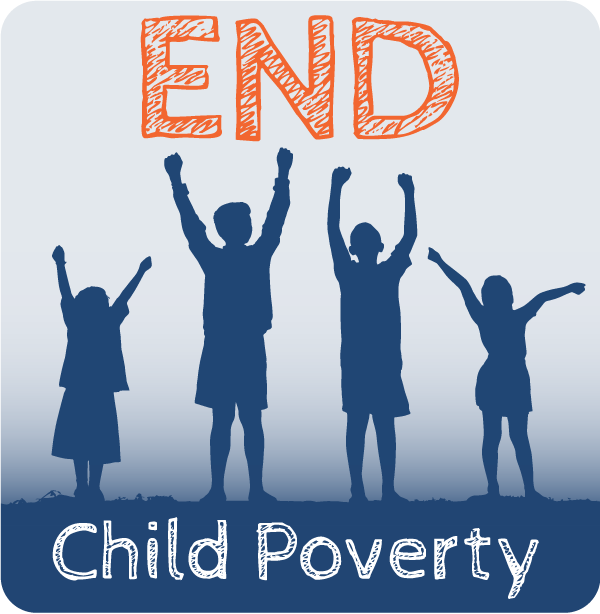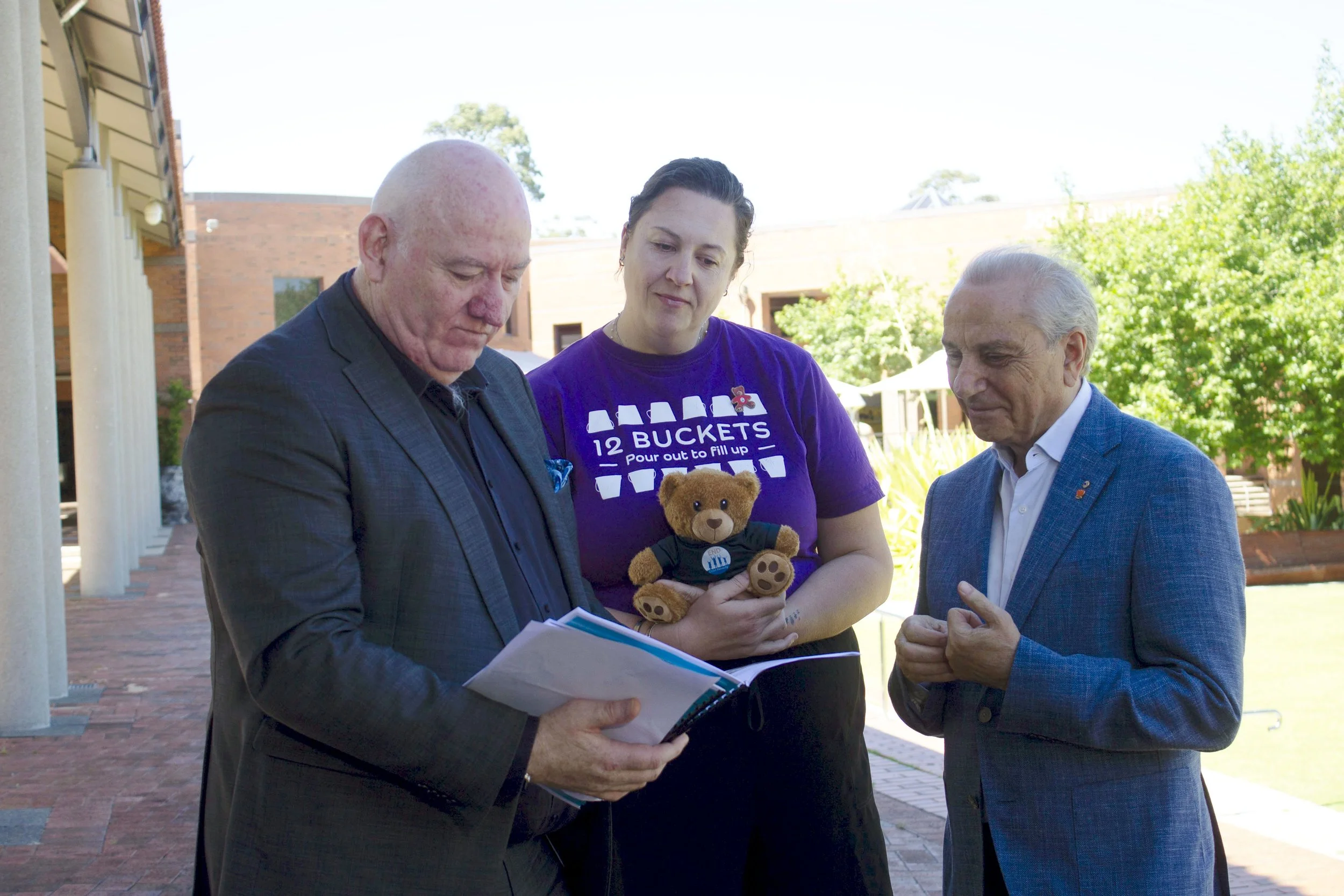

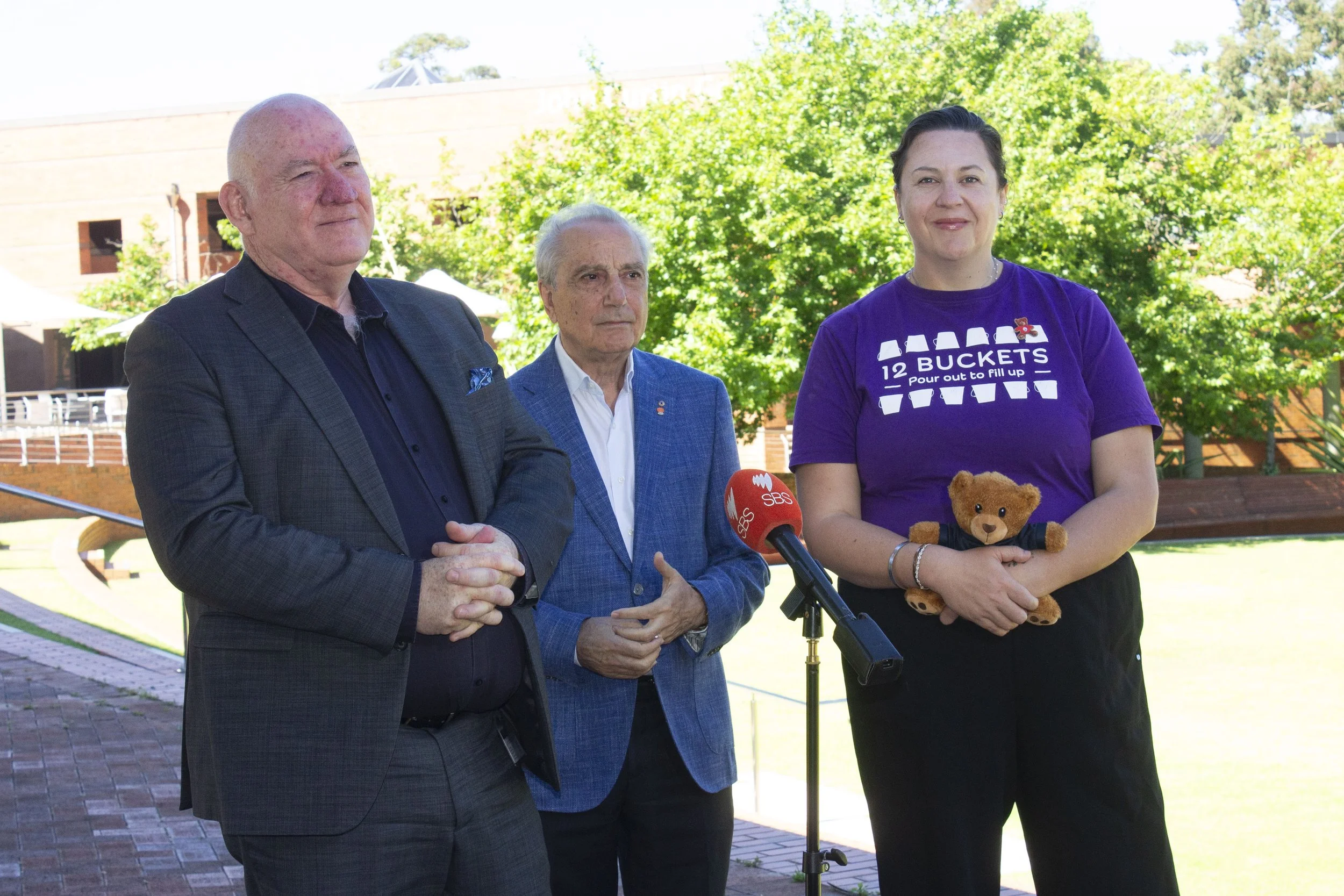
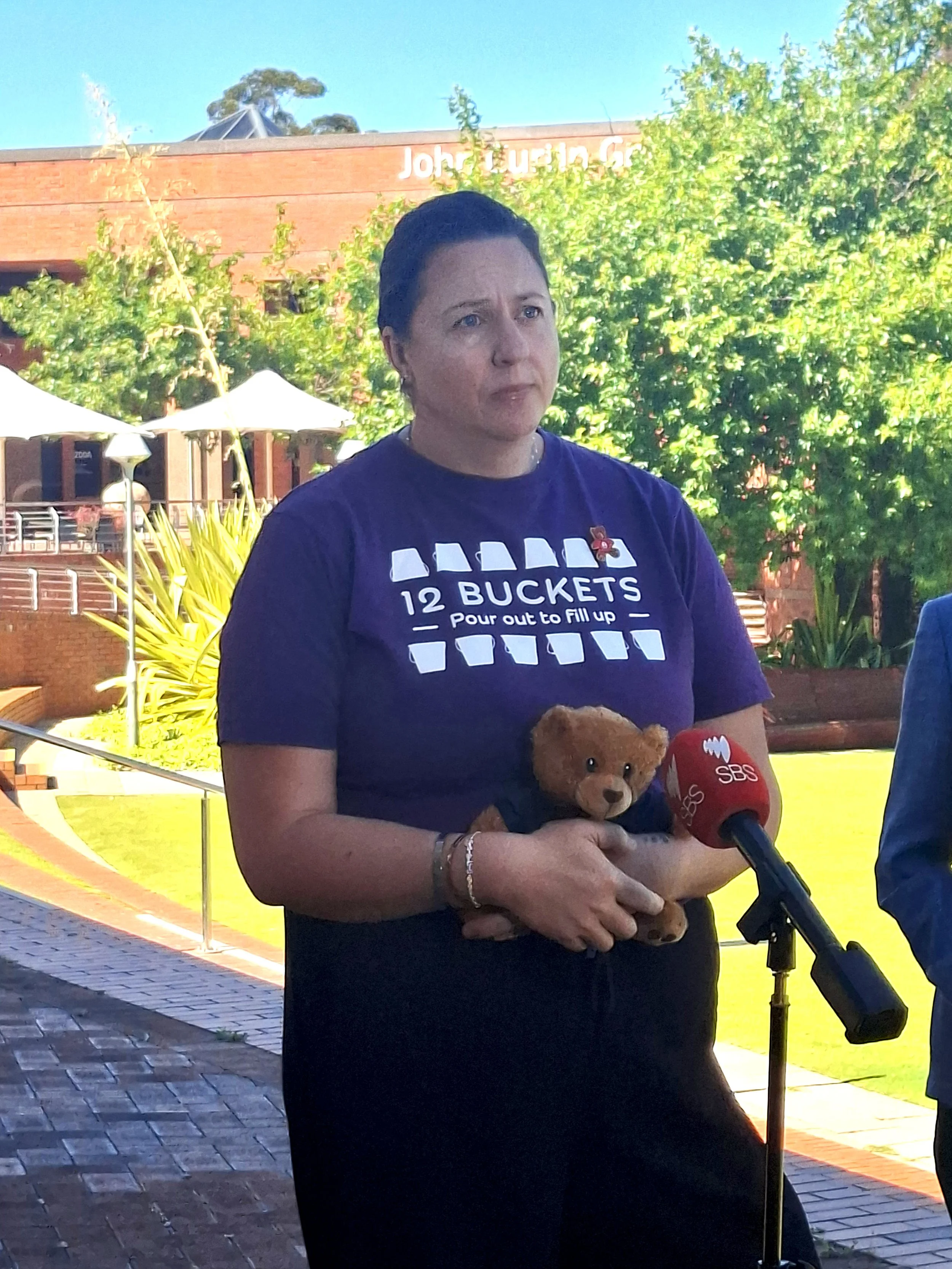
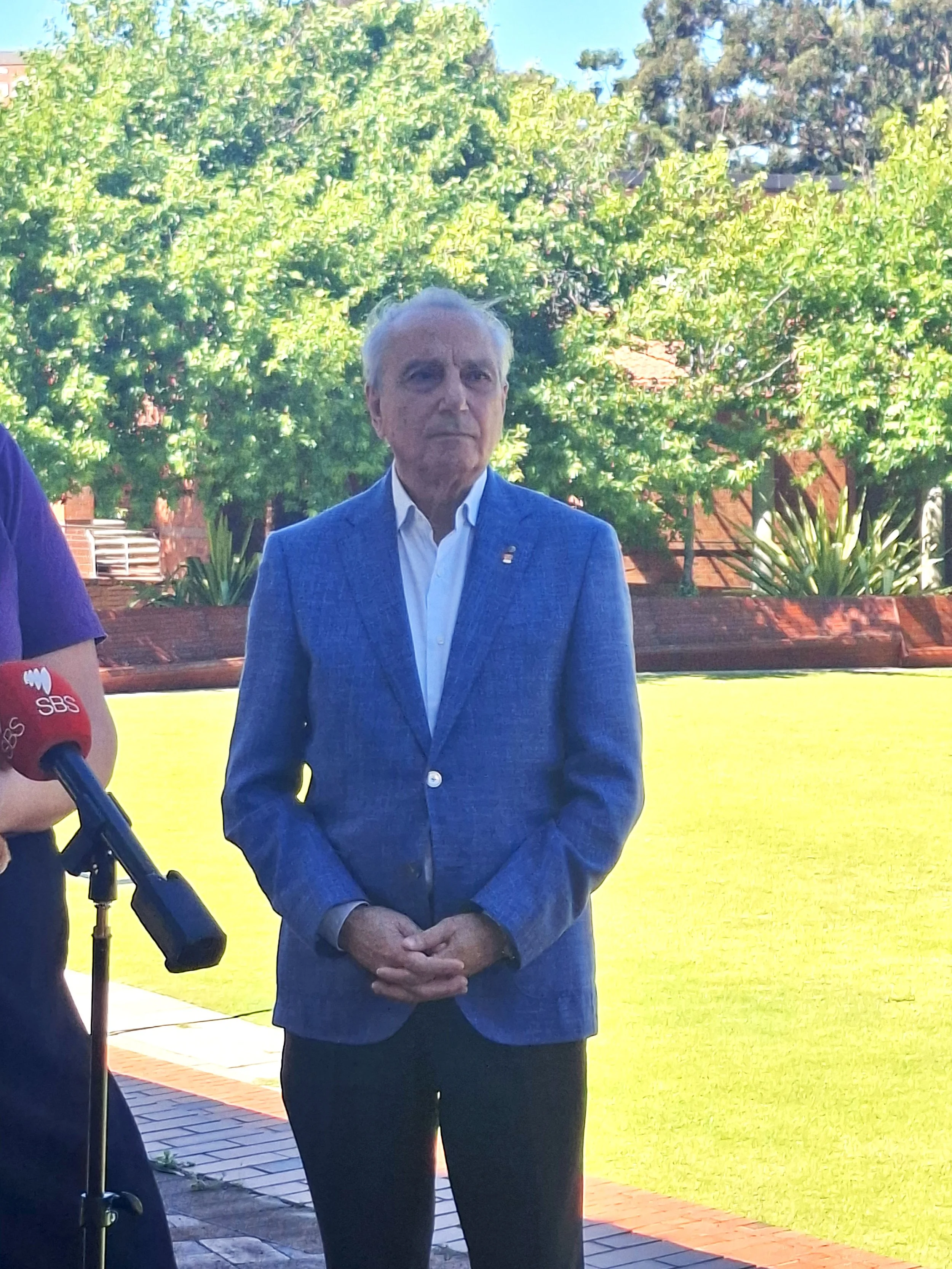
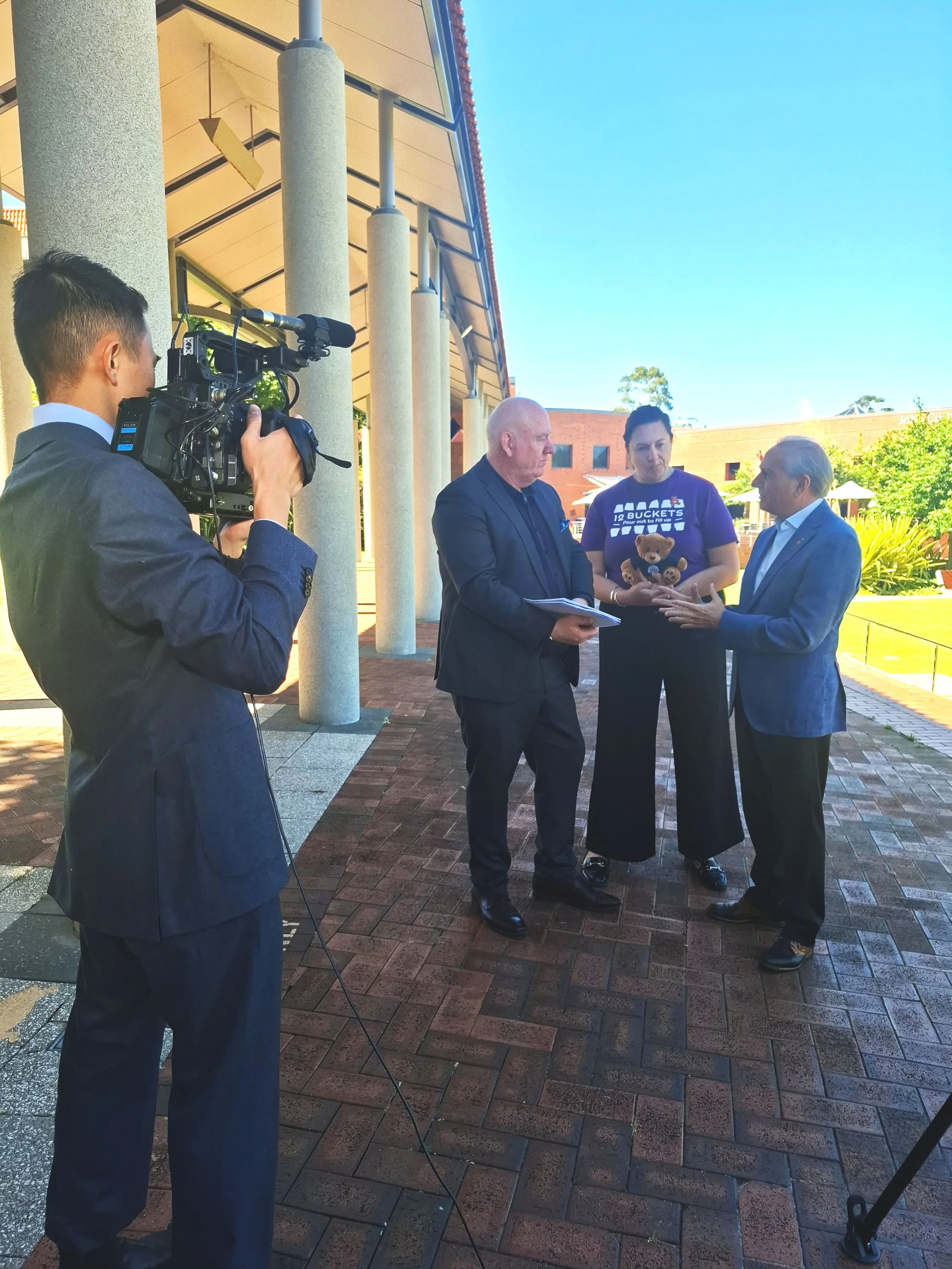
New BCEC Report: A Quarter of a Million Australian Children Now Live in Poverty
Monday, 17 November 2025 - Key voices in the fight against child poverty came together for a press conference at Curtin University to discuss the alarming findings of the “Child Poverty in Australia 2025” report, released this morning. Professor Alan Duncan, Director of the Bankwest Curtin Economics Centre, emphasized the urgent need for action, stating, “Rising housing costs have significantly contributed to the worsening child poverty crisis. Our data shows that if we don’t intervene now, Australia risks crossing the one-million-child threshold in poverty within months.”
Adjunct Professor Tony Pietropiccolo AM, our campaign Chair, echoed this urgency, calling for comprehensive legislation that adopts a child-centred approach. “We need to define and measure child poverty in a way that truly reflects children’s experiences and wellbeing,” Tony said. “It’s not just about income; it’s about access to housing, education, health, and social inclusion. Without this, our efforts will fall short.”
Larissa Muir, CEO of 12 Buckets, one of the campaign’s partner organisations, highlighted the emotional toll of poverty on children. “Children living in low-income families often tell us about the stress and hardship they face—wearing torn uniforms, sleeping on mattresses on the floor, missing school for days because they have to follow their parents to pick up donated food for their family. These experiences shape their lives and limit their potential,” she added. “Addressing their social and emotional wellbeing is just as important as providing financial support.”
The report revealed that almost a quarter of a million Australian children have fallen into poverty in just four years—a 33% increase that underscores the worsening crisis. Since 2021, the number of children living in hardship has surged by over 236,000, with projections indicating nearly 950,000 children will be experiencing poverty by 2025. Rising housing costs, stagnant income support, and growing inequality are major contributors to this trend.
Backed by 180 organisations, the End Child Poverty campaign is urging the federal government to prioritise child-focused policies. We are calling for legislation that measures child poverty in a holistic way—considering not just income but access to essential services and social inclusion. Our Sarah Quinton, Campaign Lead emphasised the importance of a clear, evidence-based approach. “If we don’t define or measure child poverty properly, how can we expect to reduce it?”
The report served as a stark wake-up call. Child poverty is not an inevitable statistic but a systemic failure that demands coordinated action. It’s a call for policymakers, communities, and all Australians to prioritise the wellbeing of children and ensure they have the support needed to thrive. With strong leadership and targeted policies, there is hope to turn this tide and give every child a fair chance at a better future.
To access the full report, click on BCEC Child Poverty in Australia 2025.

